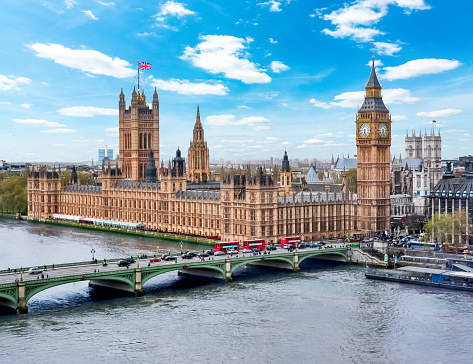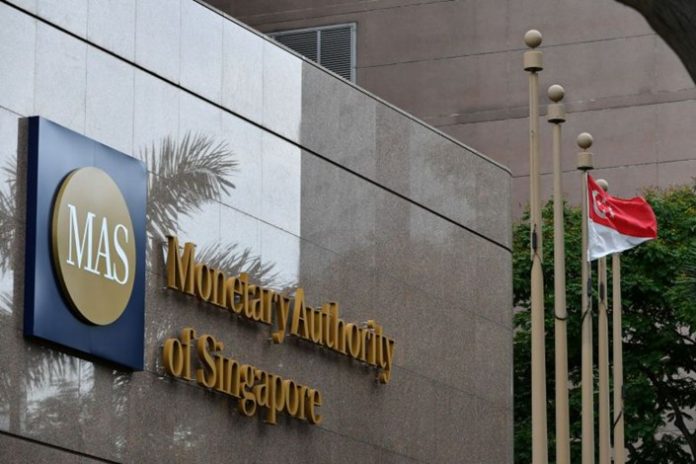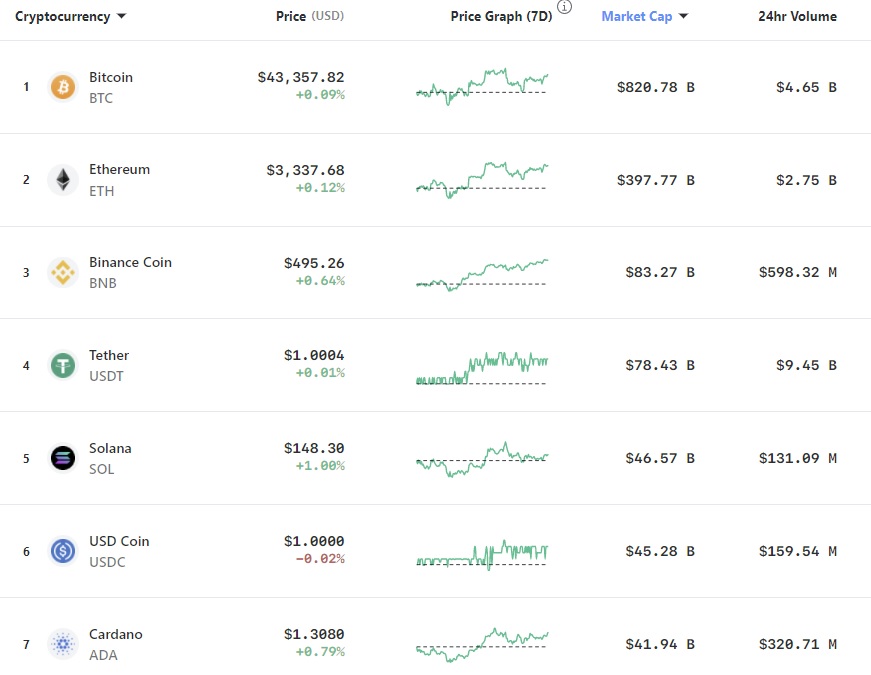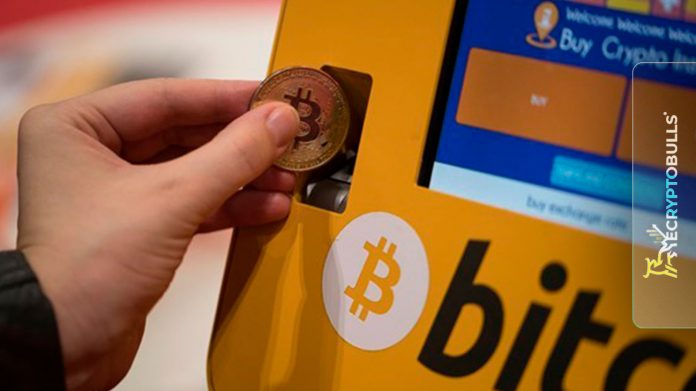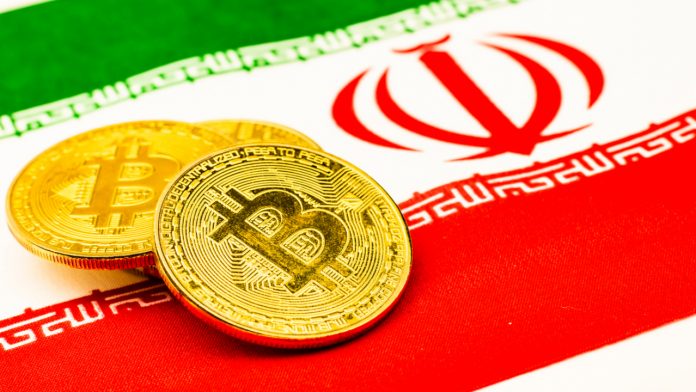The cult website Fees.wtf, which shows Ethereum users their lifetime gas spend on transactions, saw its $WTF token plummet 80% in its initial week post-airdrop.
According to Coinmarketcap, the $WTF token price has plummeted more than 80% from its high of $0.20 on Thursday evening to $0.03 as of Monday morning.
Fees.wtf launched in early 2019 as a lighthearted way to show users their total transaction costs paid per Ethereum wallet.
“I was looking to show people how much gas they’ve spent in an easy to comprehend the format,” the anonymous founder of Fees.wtf told CoinDesk via Twitter. “As time went on and ETH increased in value, the website’s popularity grew as suddenly people realized those cheaper transactions in the past have added up to a lot of USD.”
Airdrop mania
Fees.wtf appears to have taken a page from the playbook of GasDAO, another project that launched last month that rewarded users with airdropped tokens based on a wallet’s gas usage.
Ethereum transaction costs, colloquially referred to as “gas fees,” have long been a pain point in the Ethereum community, with many bemoaning that high transaction costs have made Ethereum Layer 1 unusable for the average retail user. A single transaction (such as purchasing an NFT or swapping tokens on decentralized exchange Uniswap) could range from $15-$20 on the lower end to thousands of dollars during periods of peak demand.
On December 29, Ethereum users that have spent more than a $1,559 threshold in gas fees (a tongue-in-cheek reference to EIP-1559) were eligible to claim $GAS tokens.
GasDAO, in turn, followed in the footsteps of OpenDAO, a project that launched on Christmas Eve, airdropping users of non-fungible token marketplace OpenSea with free $SOS tokens.
According to Coinmarketcap, OpenDAO’s $SOS token is down 74% since its all-time high post-airdrop, while GasDAO’s $GAS token has plummeted 93%.
All three projects lured users into claiming free tokens and advertised high yields for staking the tokens, even as the values of the tokens have gone into freefall just days after the initial launch.
Gas guzzler
As Ethereum users raced to claim $WTF tokens during last Thursday’s airdrop, the congestion sent Fees.wtf to the top of Etherscan’s “Top Gas Guzzlers” dashboard, even rendering Ethereum near unstable for over an hour.
“At one point it was close to 40% of total gas usage,” a member of the Fees.wtf team told CoinDesk via Twitter. “I think a lesson to be learned here – for those that haven’t already learnt it from other launches – is to check gas prices before you just blindly click submit, as I’m sure a few people paid a hefty sum to get their airdrop.”
Posting one’s Fees.wtf gas usage has also become a flex for Ethereum users to both bemoan the high gas costs and signal one’s ‘whale’ status. Some longtime users of the Ethereum blockchain have taken to Twitter to post screenshots of their gas usage, with some exceeding millions of dollars.
The Fees.wtf team is composed of four anonymous members – a manager, community lead, developer and designer, who have all “been in the cryptocurrency space for many years” and “seen the evolution of the Ethereum ecosystem,” a member of the team told CoinDesk.
New features
For now, the Fees.wtf team is focused on developing the Pro Dashboard, a feature granted only to holders of the Fees.wtf NFT. That was airdropped to all claimants who were required to pay 0.01 ETH (approximately $33).
“We’re hard at work developing features that our users have been asking for over the years,” said a member of the Fees.wtf team. “The dashboard will focus not only on how much gas you’ve spent, but we’ll also look at ‘what ifs’, assist with gas usage for tax implications, and also try to help users find the cheapest times to make transactions.”
However it appears that the new Pro Dashboard has no relationship with the $WTF token, the latter of which appears to hold little utility. The team hasn’t yet indicated whether the token would provide governance use-cases for the project or be incorporated into the new dashboard product.
“I’ve always been a fan of the site, and so I hope the token does end up having a real use case,” Twitter user and community code reviewer @0xQuit told CoinDesk.
Until then, strap on the parachutes – it appears airdrop economics are succumbing to one inevitable force: gravity.
